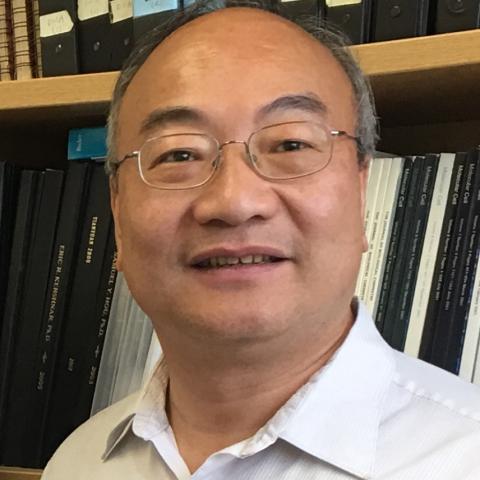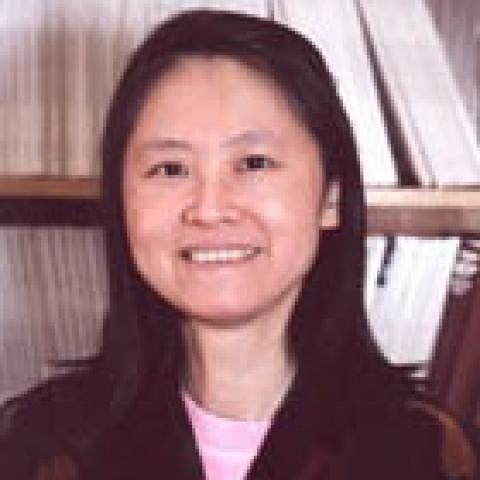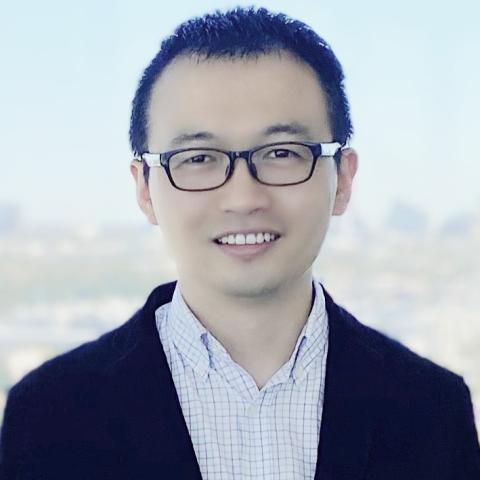About Us
Welcome to the Chiang Lab! Here you can find information about our research interests, key publications, lab members, and available training opportunities for people interested in Chiang Lab projects. We hope to see you with us soon!
Meet the Principal Investigator

Cheng-Ming Chiang, Ph.D.
Cheng-Ming Chiang received his Ph.D. in 1991 from the University of Rochester in upstate New York under the supervision of Professors Louise Chow and Thomas Broker and continued postdoctoral training in 1992 with Professor Robert Roeder at Rockefeller University. In 1995, he took a faculty position in the Department of Biochemistry at the University of Illinois, Urbana-Champaign.
In 2000, he moved to the Department of Biochemistry at Case Western Reserve University in Cleveland, Ohio as a tenured Associate Professor. In 2007, he was recruited as Professor at UT Southwestern with a primary appointment in Simmons Comprehensive Cancer Center and secondary appointments in the Department of Pharmacology and Department of Biochemistry.
Lab Members

Shwu-Yuan Wu, Ph.D.
Research Assistant Professor
My research has been focused on transcription mechanisms since my graduate studies and postdoc straining with Dr. Robert G. Roeder at Rockefeller University. In Dr. Chiang’s laboratory, I expanded the purification and reconstitution of the human general transcription machinery and general cofactors, first initiated in the Roeder Lab, with bacterially expressed recombinant human proteins (TFIIA, TFIIB, TBP, TFIIE, TFIIF, PC4) and with FLAG-tagged multiprotein complexes (TFIID, TFIIH, non-phosphorylated or hyper-phosphorylated RNA polymerase II, and different forms of Mediator complexes) purified from human HeLa cells expressing an epitope-tagged subunit of a multiprotein complex. The availability of this reconstituted transcription system with DNA or chromatin templates allows me to define the mechanisms of eukaryotic transcription regulated by different transcriptional regulators, e.g., p53, activator protein-1 (AP-1), and human papillomavirus (HPV)-encoded E2 proteins. My recent establishment of in vitro modification assays with recombinant human enzymes for phosphorylation, acetylation, methylation, sumoylation, and ubiquitination studies expands a new line of research for defining the complexity of gene regulation involving chromatin and post-translational modification. I also conduct cell-based assays with both gain- and loss-of-function approaches to verify and discover new transcription mechanisms in living cells. Recently, I have employed genome-wide ChIP-seq/CUT&RUN and RNA-seq/PRO-seq approaches to define the functional roles of BRD4 protein isoforms and their transcriptional coregulators in different types of breast cancer cells and HPV-containing keratinocytes. I am also applying proteomics to identify protein-protein interactomes and drug targets.

Dapeng Yun, Ph.D.
Postdoctoral Researcher
I am a postdoctoral researcher in Dr. Cheng-Ming Chiang's lab since October 2020, focusing on the studies of metastatic breast cancer. My recent work is to examine the effects of phospho-BRD4 IDR-targeting compounds on breast cancer brain metastasis and overall survival in mouse models. I received my Ph.D. degree from Fudan University in China studying glioma susceptibility genes and chemotherapy resistance. Outside the lab, I enjoy soccer and hiking.